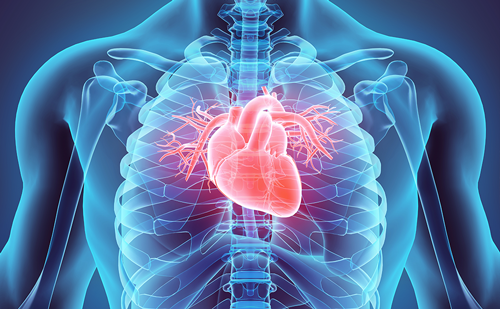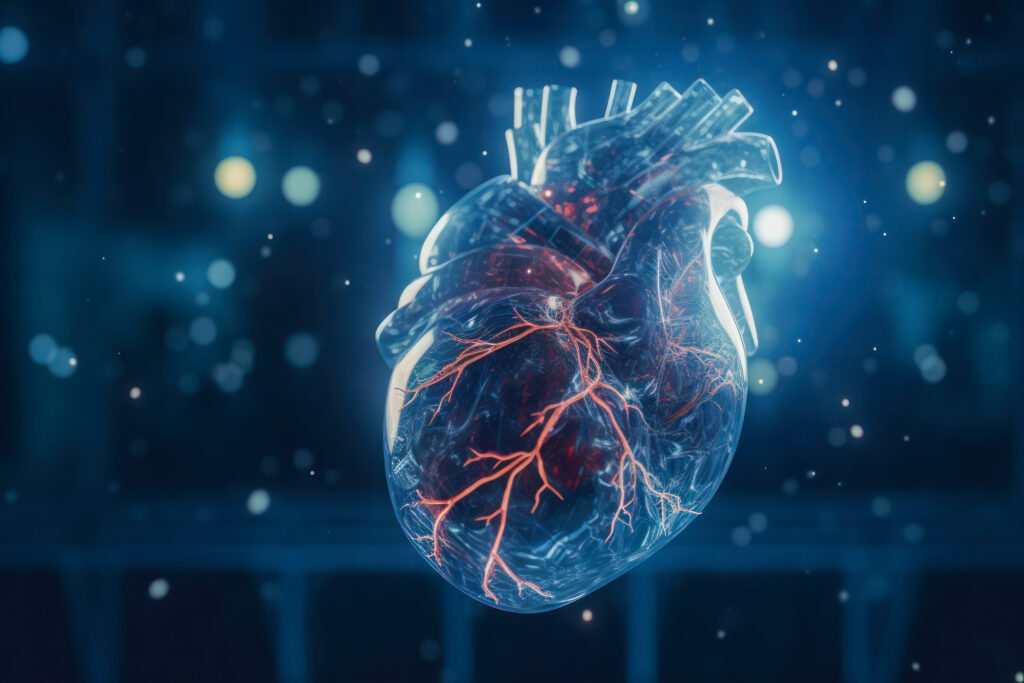Use of a “CNI holidays” strategy in acute renal dysfunction late after heart transplant. Report of two cases
Abstract
Overview
Background. Acute renal dysfunction (ARD) may appear in heart transplant (HTx) patients both in the early
postoperative period and during follow-up, even after several years. CD25 is a subunit of the interleukin-2
receptor which is found exclusively on activated CD4 T lymphocytes. CD25 is crucial for clonal expansion of
anti-allograft host lymphocytes that mediate in acute rejection. There are experiences supporting the use of
Anti-CD25 monoclonal antibodies (MAb) immediately after HTx in patients with ARD as a bridge to renal function
recovery, allowing the temporary suspension of treatment with CNI.
Methods. In this study we report two cases of successful use of weekly MAb (basiliximab) in HTx patients who
developed late ARD after HTx.
Conclusions. In coclusion, we think that in cases of ARD where CNI therapy plays a key role, the use of weekly
doses of basiliximab allows CNI discontinuation until the restoration of renal function is achieved.
Keywords
Basiliximab, CNI holiday, Heart transplant
Article Information
Disclosure
Financial support: No grants or funding have been received for this
study.
Correspondence
Pau Alonso La Fe University Hospital Bulevar sur s/n 46008 Valencia Valencia, Spain pau.alonso.fernandez@gmail.com
Further Resources

Trending Topic
This corrects the article: “Ioannou A. Evolution of Disease-modifying Therapy for Transthyretin Cardiac Amyloidosis. Heart International. 2024;18(1):30-37”. Two typography errors were included incorrectly due to an editorial error. In Table 1, “eplontersen” was incorrectly written as “eplomtersen”. This has been corrected in the text. In the section “Eplontersen”, the administration schedule should be written as […]
Related Content in Cardiovascular Disease

Infiltrative cardiomyopathies are a diverse group of cardiac diseases caused by the deposition of abnormal substances within the myocardium and include diseases, such as Fabry disease, sarcoidosis and less common genetic diseases, such as Friedreich’s ataxia and Danon disease.1 ...

Summary Few clinical studies have shown an association between coronary artery disease (CAD) and osteoporosis. This cross-sectional study has shown that, among Indian postmenopausal women, the prevalence of CAD increases across lower bone mineral density categories. Femoral neck osteoporosis confers ...

Glucagon-like peptide 1 (GLP-1) receptor agonists piqued our interest when Marso et al. demonstrated that liraglutide significantly reduced cardiovascular events (CVEs) in persons with type 2 diabetes mellitus (T2DM) who were at a high cardiovascular (CV) risk compared with placebo in ...

Over the past two decades, the field of transcatheter aortic valve replacement (TAVR) has experienced remarkable advancement. Initially approved for patients with high and prohibitive surgical risk, TAVR has progressively extended its indications to all patients, regardless of surgical risk. ...

Cardiovascular disease (CVD) continues to be the leading cause of death on a global scale. Nearly 18 million people died from CVD in 2019, accounting for about one-third of all deaths globally.1 The primary cause of CVD-related death and morbidity is ischaemic ...

With the global increase in life expectancy, the proportion of elderly people in the community is expected to increase gradually. This is referred to as the 'Coming of the Gray Dawn' or the 'Gray Wave', and highlights the need for ...

Cardiac complications constitute a common cause of morbidity and mortality in the perioperative period, contributing to over a third of perioperative deaths.1 More than 230 million major surgeries are performed annually worldwide, with older patients representing an increasing proportion of the ...

Diabetes mellitus (DM) is strongly associated with severe macro- and micro-vascular complications; it is also proven to be a strong independent risk factor for developing heart failure (HF).1 In fact, the prevalence of DM is reported to be as high ...

Atherosclerotic cardiovascular disease (ASCVD) remains the leading cause of mortality both in the US and worldwide.1 There is substantial evidence from genetic, observational and interventional studies that low-density lipoprotein cholesterol (LDL-C) is causally related to the development of ASCVD in ...

The prevalence of aortic stenosis (AS) has grown over the last few decades, as life expectancy has increased. AS is the most common valvular disease in the developed world and is found in up to 9.8% of individuals aged ≥75.1–3 The wide ...

Mavacamten, an Alternative to Septal Reduction Therapy for Patients with Hypertrophic Cardiomyopathy
Hypertrophic cardiomyopathy (HCM) is a genetic cardiovascular disease affecting 1 in 500 individuals worldwide.1 The disease pathogenesis of HCM is characterized by hypertrophy and myocyte disarray, along with muscle fibrosis on histopathology and intramural hyperplasia of the coronary arteries.2 HCM is diagnosed ...

The systemic amyloidoses are a group of heterogenous diseases, which are characterized by the deposition of insoluble amyloid fibrils within the extracellular matrix of multiple organs throughout the body. Amyloid fibrils are formed from the misfolding of amyloid precursor proteins (...
Latest articles videos and clinical updates - straight to your inbox
Log into your Touch Account
Earn and track your CME credits on the go, save articles for later, and follow the latest congress coverage.
Register now for FREE Access
Register for free to hear about the latest expert-led education, peer-reviewed articles, conference highlights, and innovative CME activities.
Sign up with an Email
Or use a Social Account.
This Functionality is for
Members Only
Explore the latest in medical education and stay current in your field. Create a free account to track your learning.

